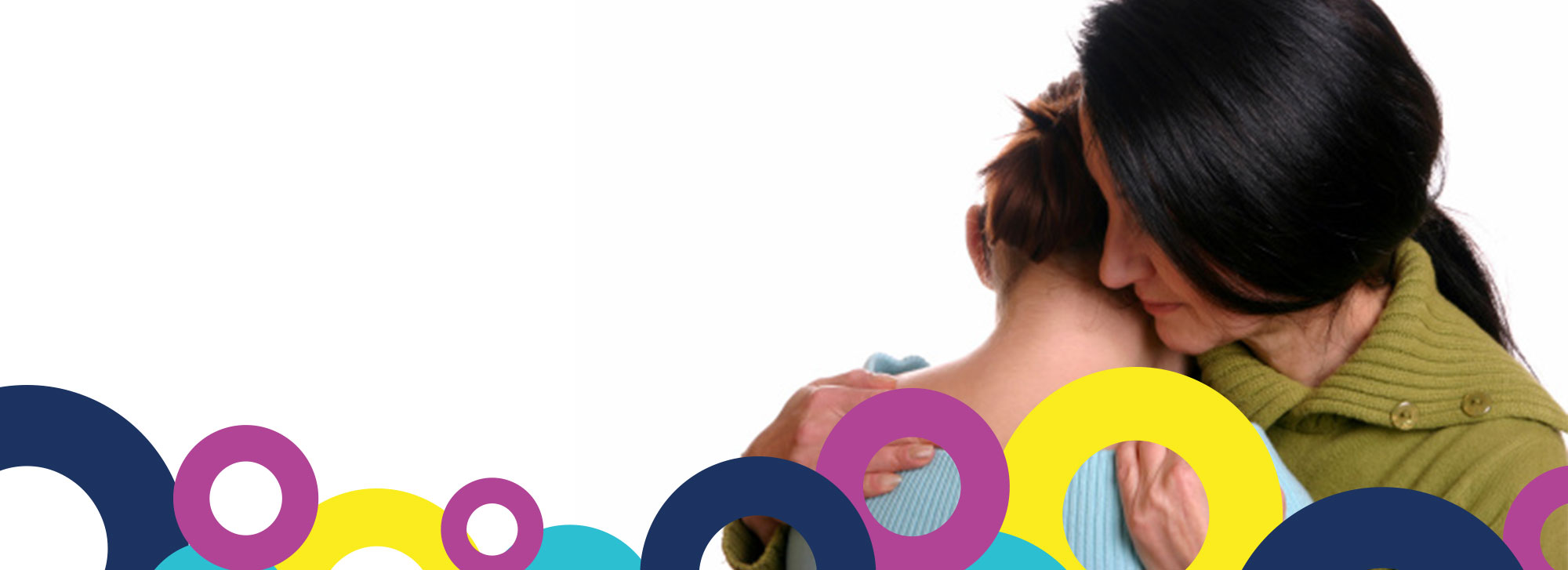In Canadian culture, certain harmful narratives exist around sexual violence that lead to victims/survivors often being blamed for experiencing violence. Questions like, “What were you wearing?” “Why were you drinking?” or comments like, “They would never do that, they’re a good person,” “You just regret that you had sex with them” all put the blame on the victim/survivor and not on the perpetrator. Sexual violence is never the fault of the victim/survivor.
Sexual violence is any form of sexualized behavior that occurs without consent. This includes sexual assault (unwanted sexual touching), as well as non-physical violence such as street harassment (ie. “cat-calling”), stalking, non-consensual sharing of sexual images (ie. “revenge porn”), and sexual harassment.
The laws on consent in Canada are good and relatively thorough. Sections 265(3) and 273.1(2) of the Criminal Code of Canada are our main reference points for the legal definition of consent. In simple terms, they require that sexual consent be voluntary, informed, and continuous. Specifically, they say that consent can’t be obtained by force, threat, fraud, or by the abuse of authority. It also doesn’t count as consent when someone is underage, incapacitated, or changes their mind part way through the encounter. Find more information on sexual assault and the legal system here.
If you or someone you know has experienced sexual violence, please reach out and speak to someone who can offer information, referrals and support. View our support page for more information.


